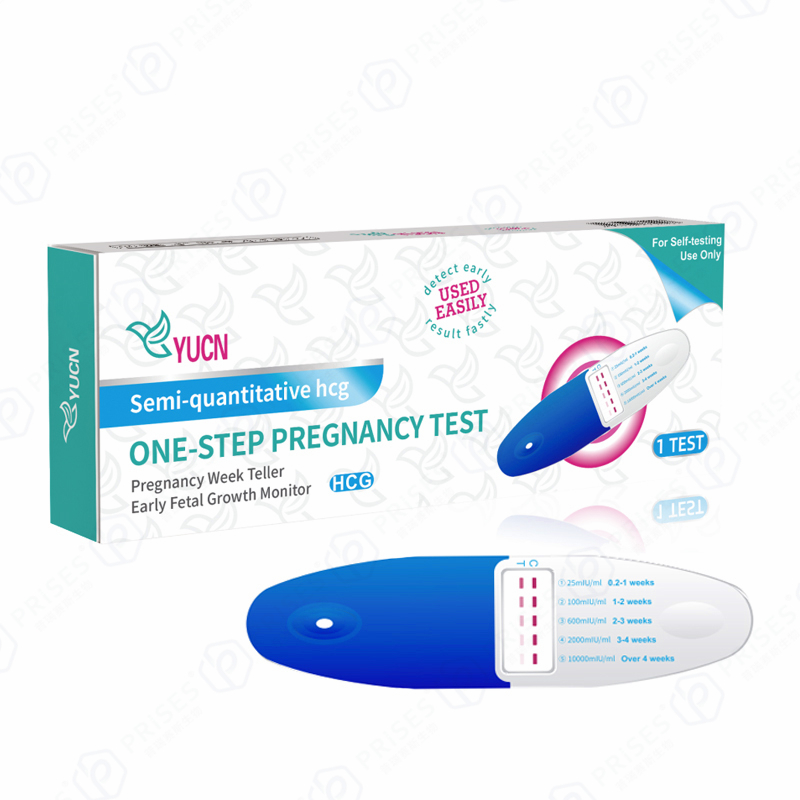Oct . 21, 2024 23:18 Back to list
Testing Methods for Syphilis in Wholesale Healthcare Settings
Understanding Wholesale Testing for Syphilis A Comprehensive Overview
Syphilis, a sexually transmitted infection (STI) caused by the bacterium *Treponema pallidum*, has been a public health concern for many years. Despite being largely preventable and treatable, syphilis continues to pose significant challenges globally. In recent years, wholesale testing for syphilis has emerged as a critical strategy in combating this infection, offering a more efficient approach to screening, diagnosing, and ultimately reducing the burden of syphilis in populations.
What is Wholesale Testing?
Wholesale testing for syphilis refers to the large-scale screening initiatives aimed at identifying individuals with this infection. This approach is particularly beneficial in high-risk populations, such as men who have sex with men (MSM), individuals with multiple sexual partners, and people living with HIV. By implementing mass testing strategies, healthcare providers can detect syphilis cases early, providing timely treatment and reducing the spread of the infection.
The Importance of Early Detection
Early detection of syphilis is crucial for several reasons. First, untreated syphilis can lead to severe health complications, including cardiovascular problems, neurological disorders, and, in pregnant women, stillbirth or congenital syphilis in newborns. Second, individuals infected with syphilis are at an increased risk of contracting or transmitting HIV. By facilitating wholesale testing, public health efforts can significantly mitigate these risks.
Testing Methods
wholesale test syphilis

The screening for syphilis typically involves serological tests that detect antibodies produced in response to the infection. Two main types of serological tests are used non-treponemal tests (e.g., RPR and VDRL) and treponemal tests (e.g., FTA-ABS). Non-treponemal tests are often used as initial screening tools due to their ease of use and cost-effectiveness. However, positive results from these tests must be confirmed with treponemal tests to ensure accurate diagnosis.
In recent years, advances in testing technology have led to the development of rapid diagnostic tests, which provide results within minutes. These tests can be conducted in various settings, including clinics, community health fairs, and even at home, thereby increasing accessibility and convenience for individuals seeking testing.
Challenges in Wholesale Testing
Despite the clear benefits, wholesale testing for syphilis faces several challenges. Stigma associated with STIs often discourages individuals from seeking testing or treatment, and a lack of awareness about syphilis and its implications can lead to low participation rates in screening programs. Additionally, resource constraints in healthcare systems may hinder the implementation of widespread testing initiatives.
To address these challenges, comprehensive education campaigns are essential. Raising awareness about the importance of regular testing, especially for high-risk populations, can help reduce stigma and encourage individuals to seek care. Public health agencies and organizations must work collaboratively to create inclusive environments where individuals feel safe and supported when accessing testing services.
Conclusion
Wholesale testing for syphilis represents a vital component in the fight against this persistent public health challenge. By focusing on early detection, timely treatment, and education, communities can take significant strides toward controlling syphilis rates and improving overall sexual health. As we continue to navigate the complexities of STIs, embracing innovative testing strategies will be paramount in safeguarding public health and ensuring a healthier future for all.
-
Malaria Pf Ag Rapid Test Kit - Quick & Accurate Detection
NewsAug.11,2025
-
Accurate Cardiac Marker CK-MB Rapid Test for Quick Results
NewsAug.10,2025
-
Premium Empty ABS Plastic Cassette for Test Strips
NewsAug.09,2025
-
Sterile Urine Cup: Accurate Specimen Collection for Labs & Home
NewsAug.08,2025
-
Malaria Pf/Pan Ag Rapid Test Kit for Fast, Accurate Diagnosis
NewsAug.07,2025
-
Rapid Canine Corona Test: Fast & Accurate Results
NewsAug.06,2025

